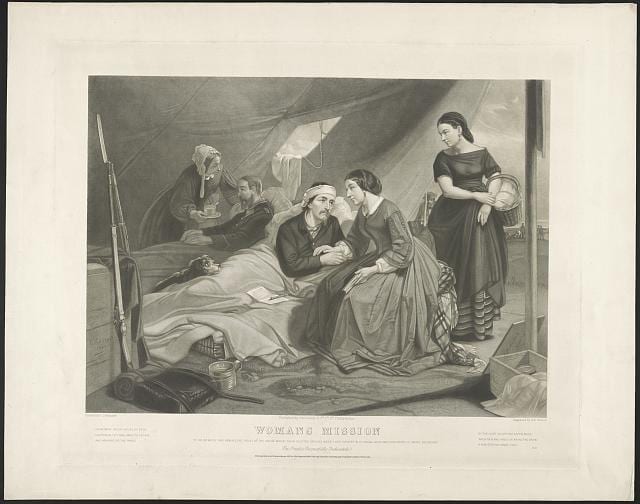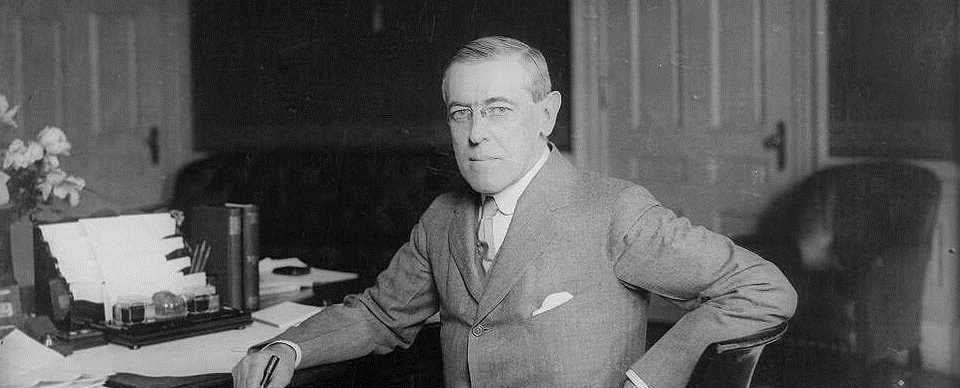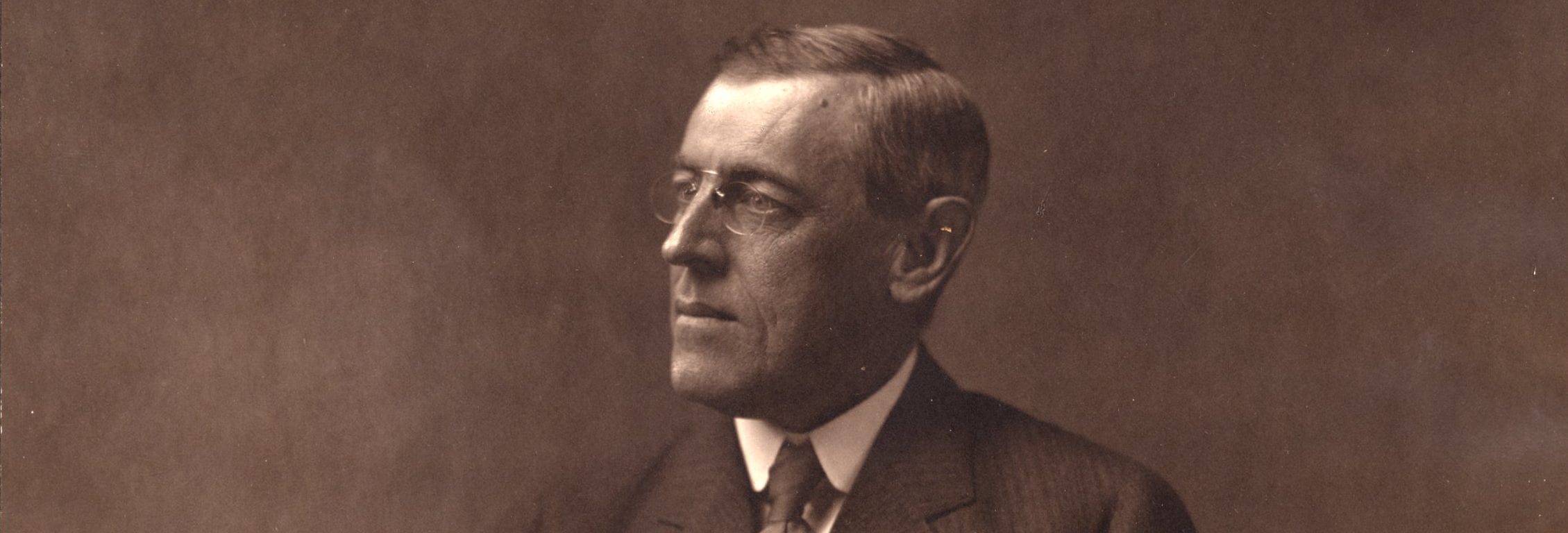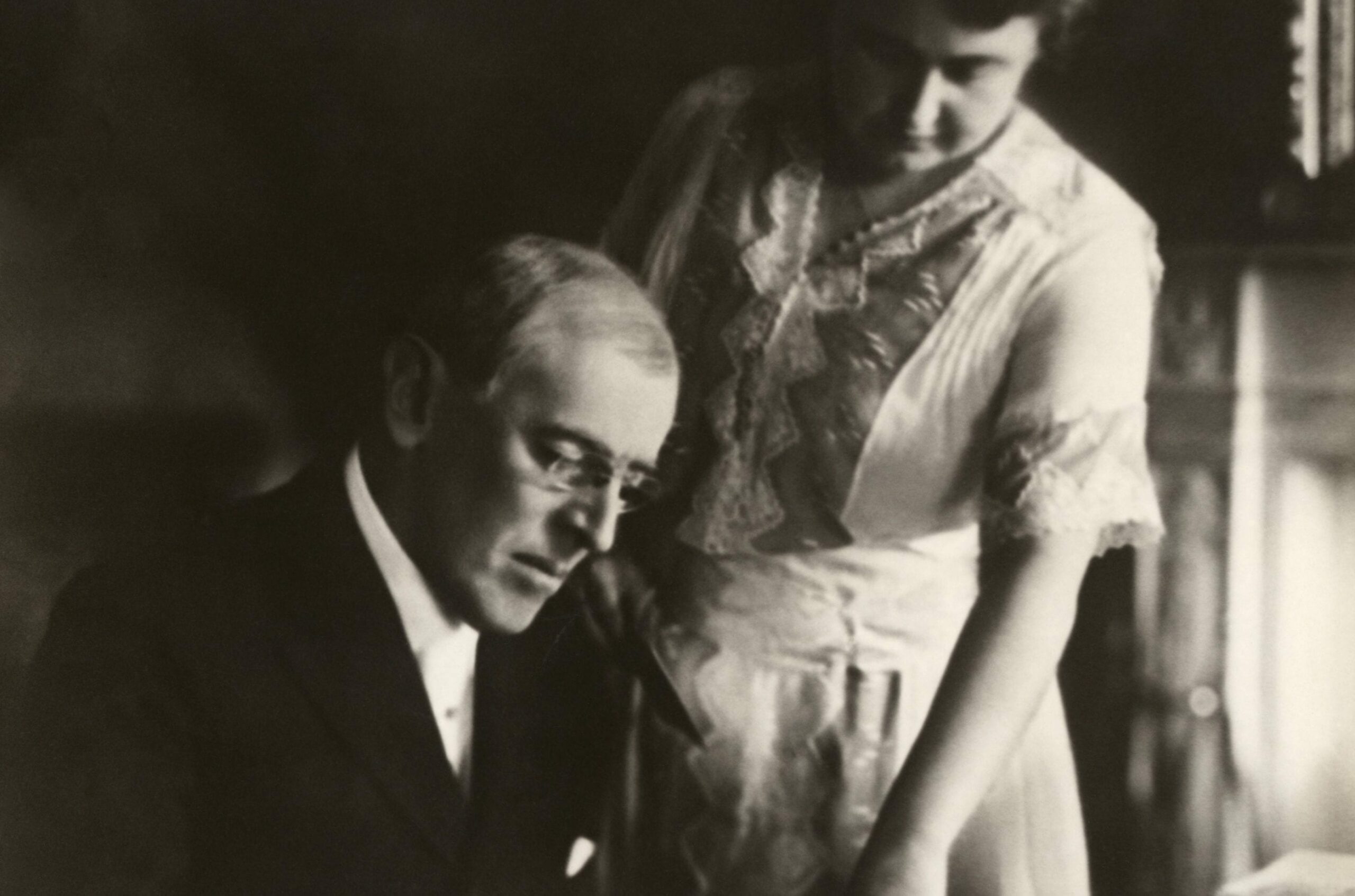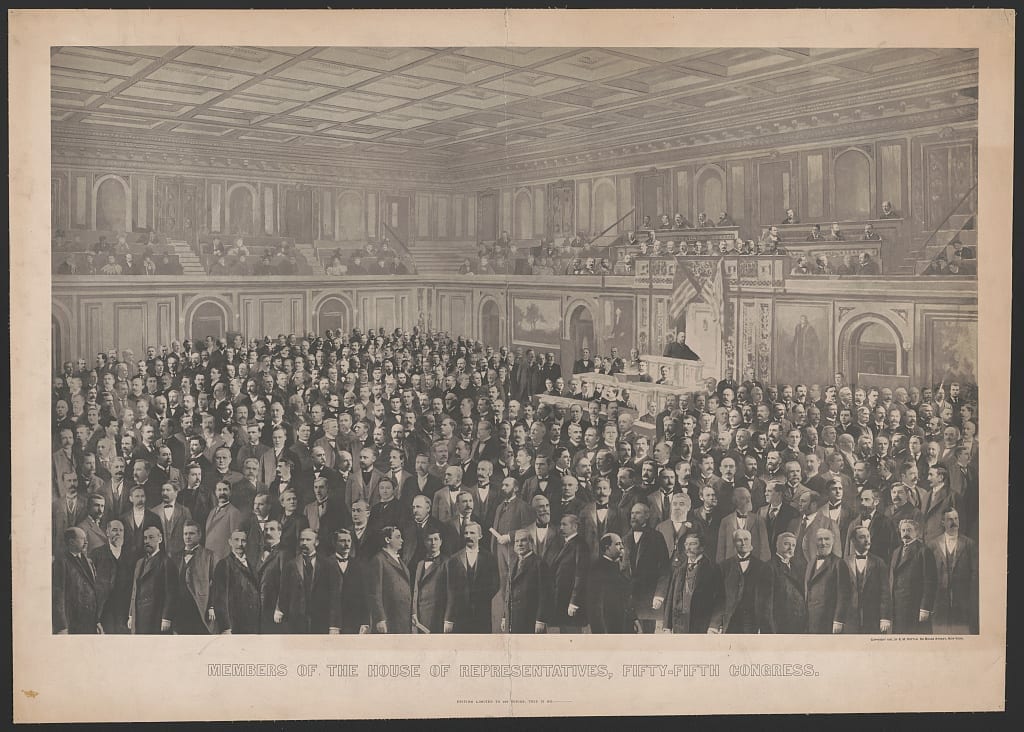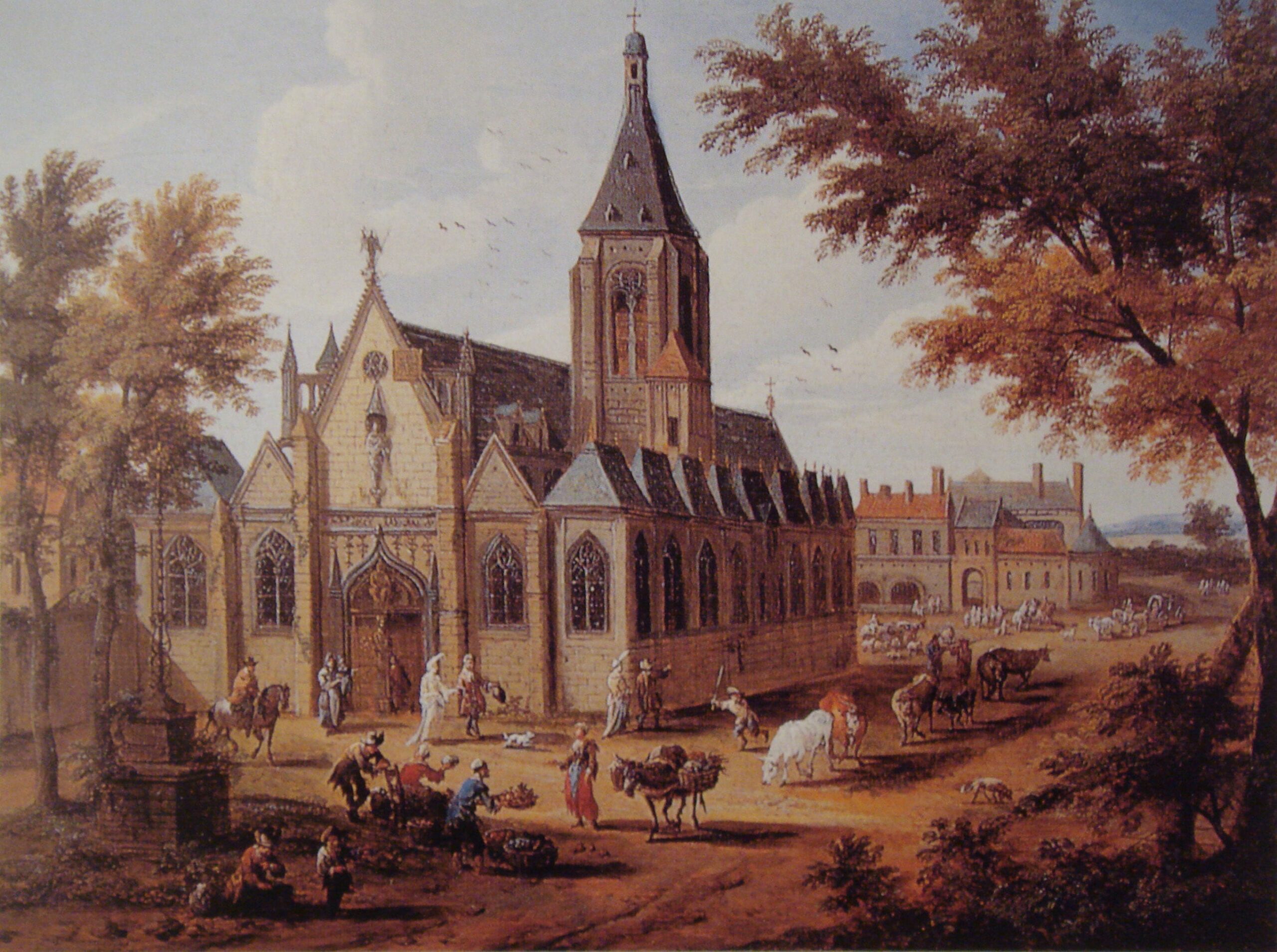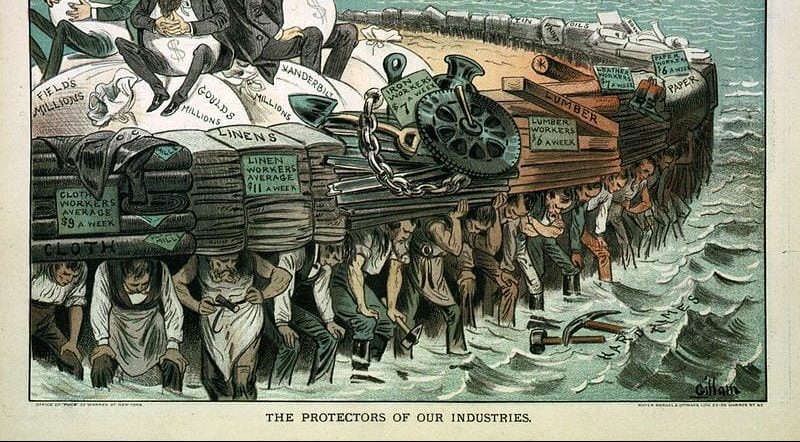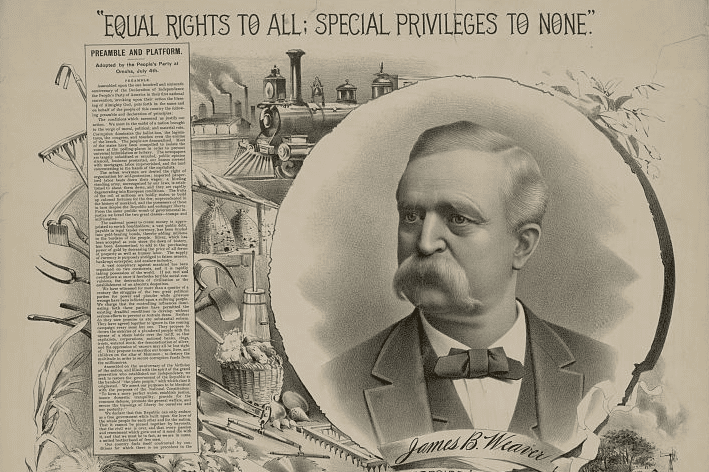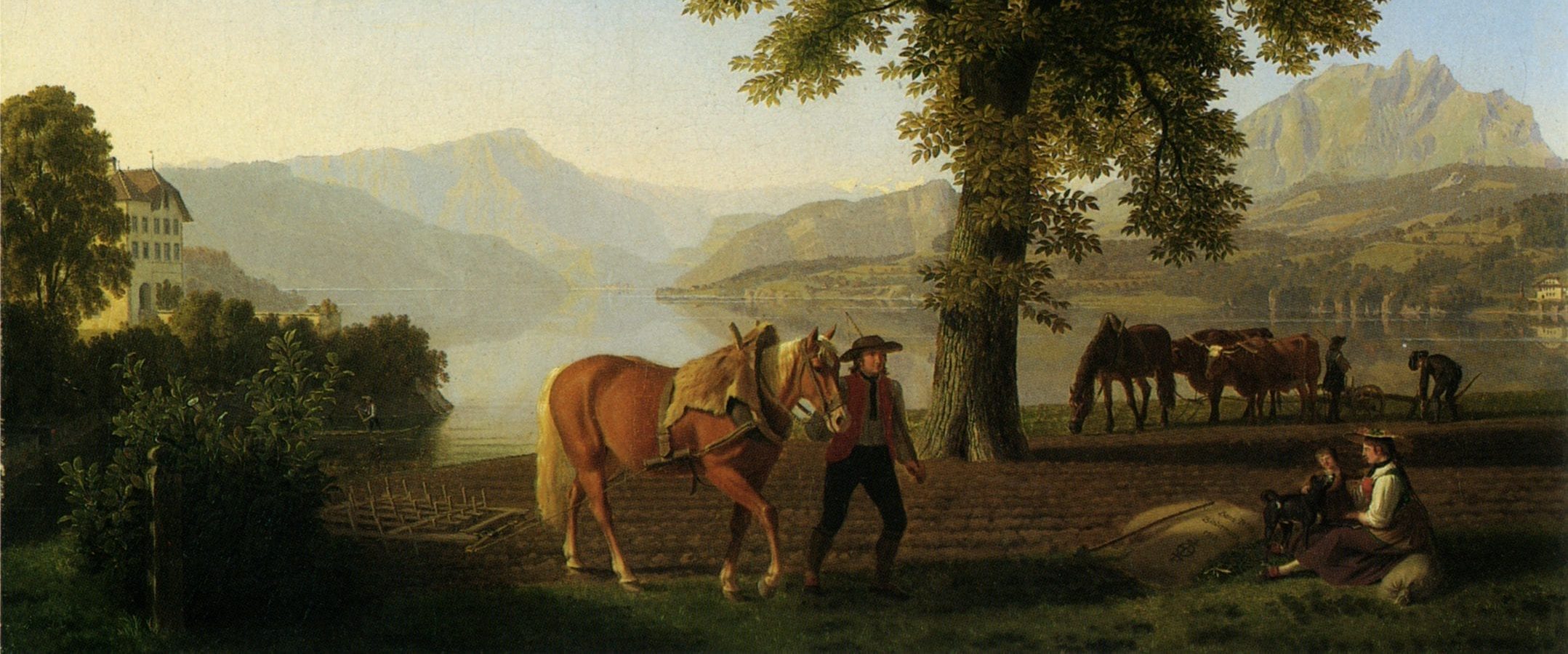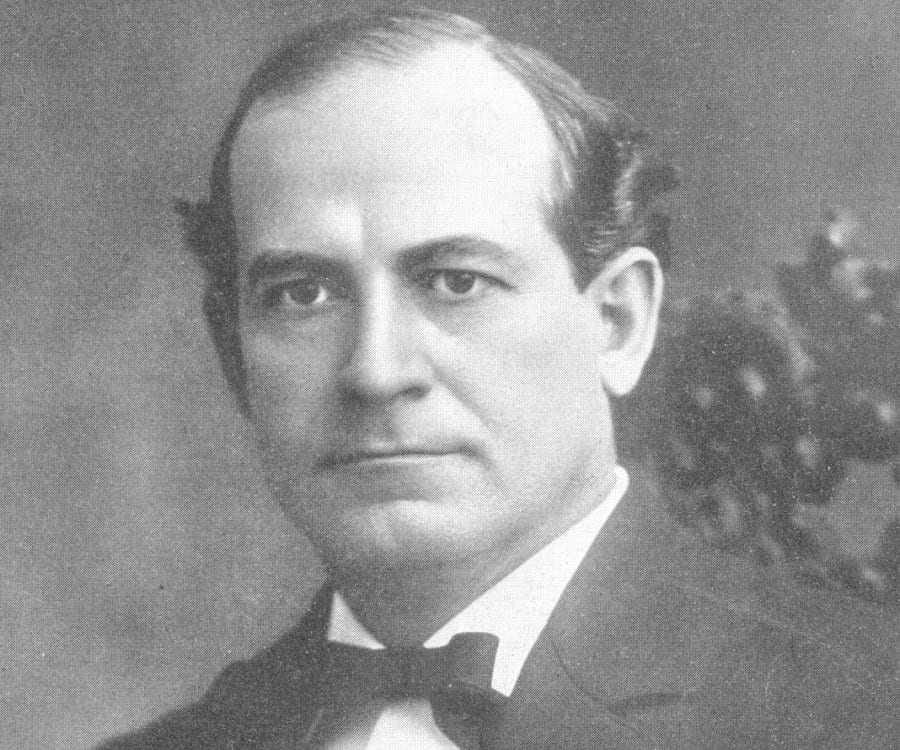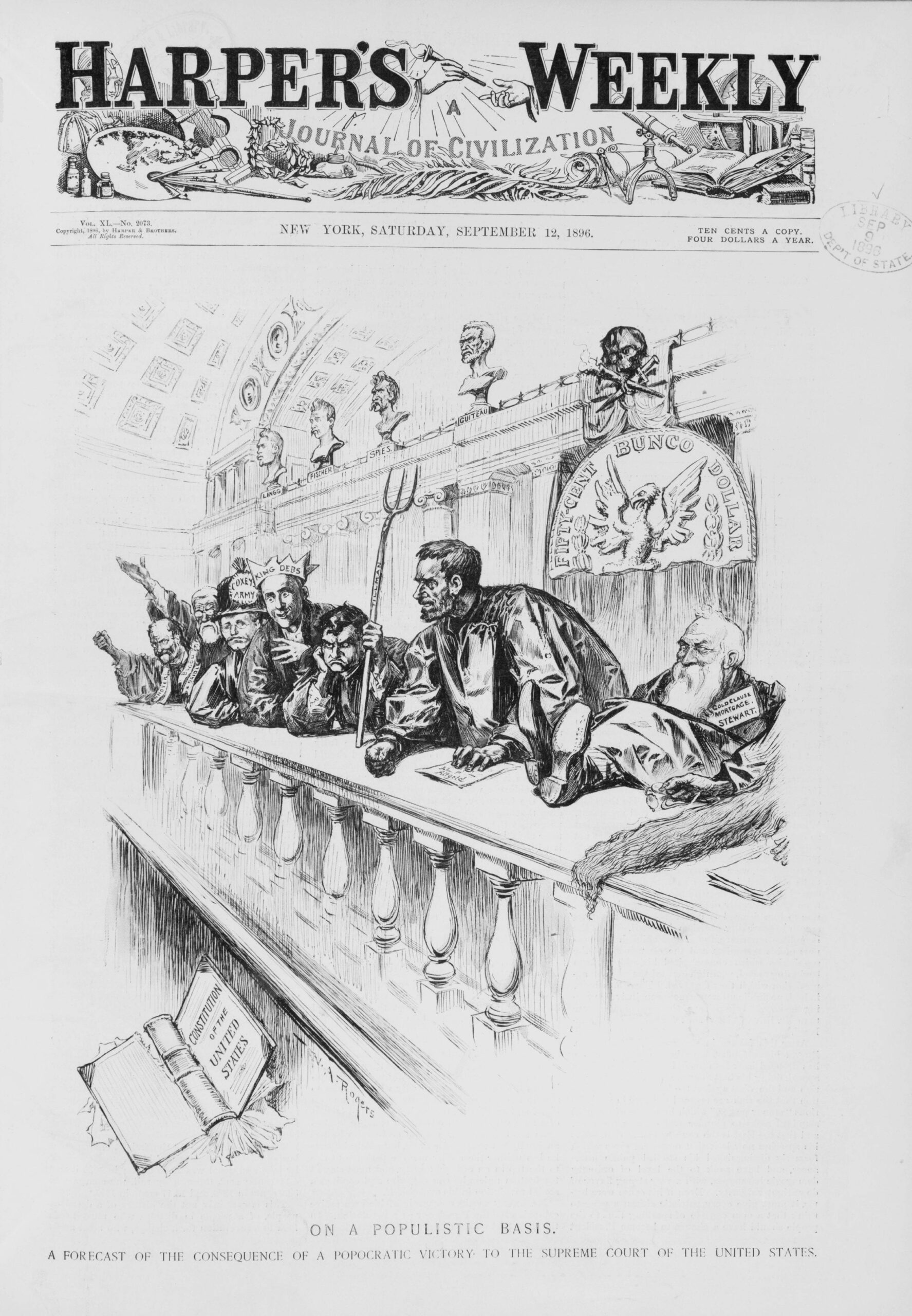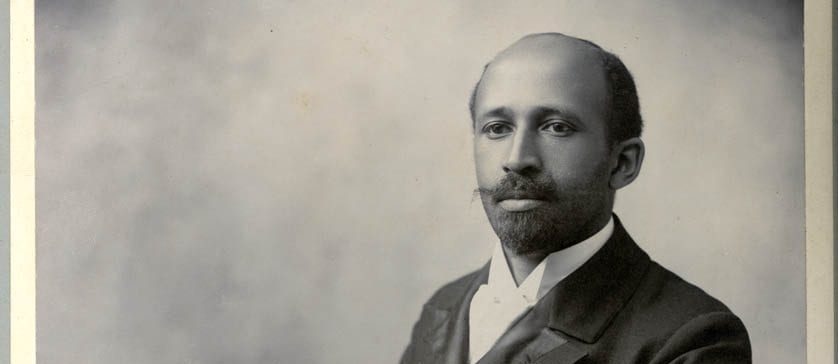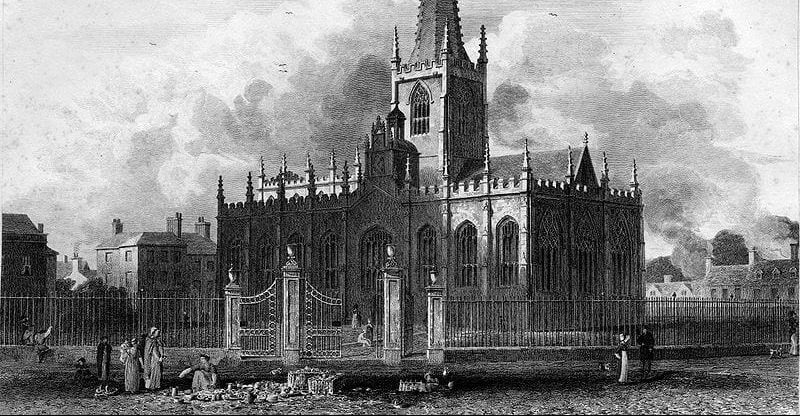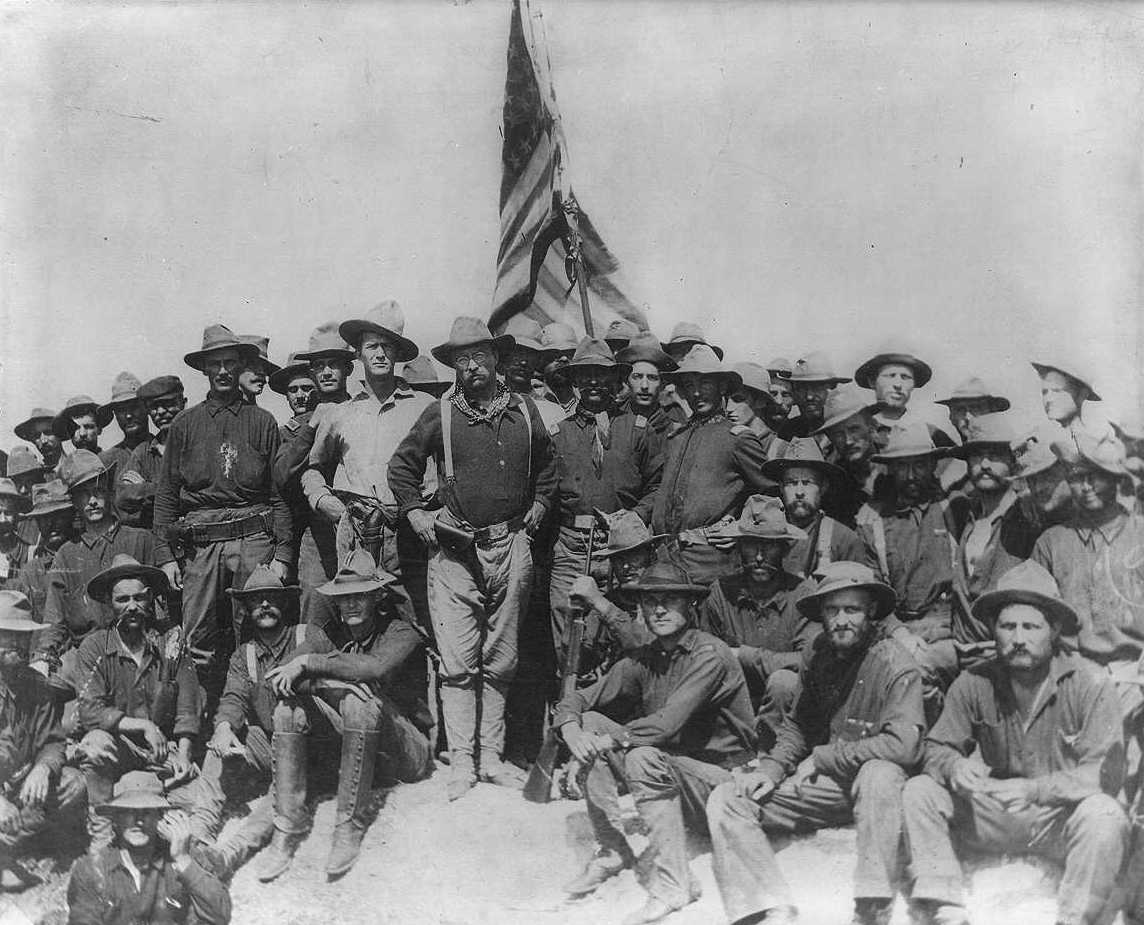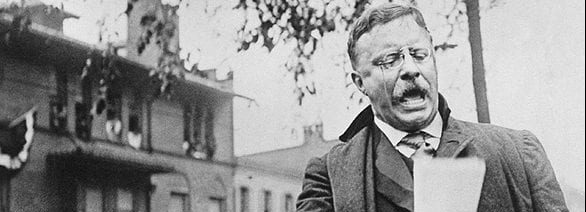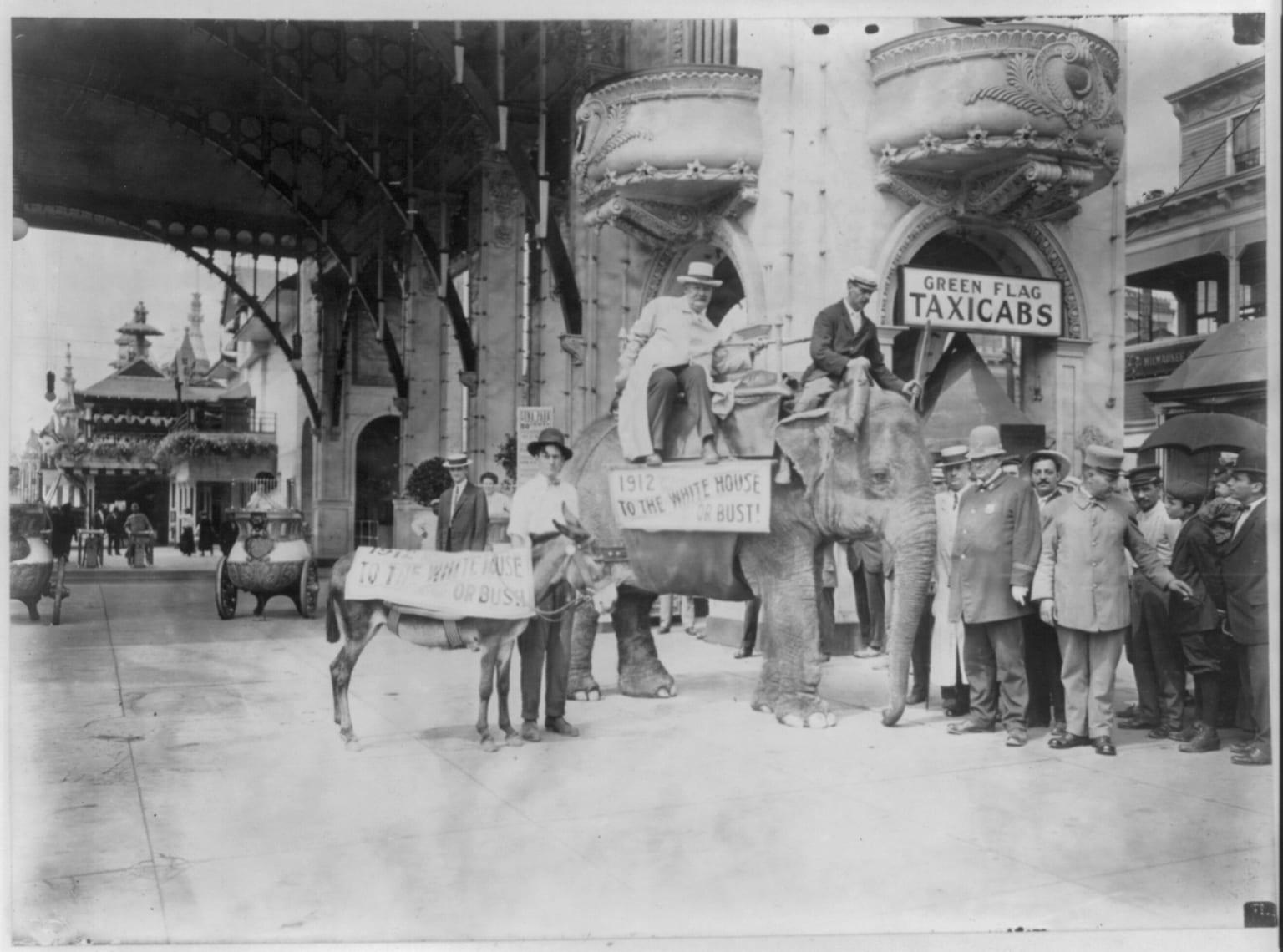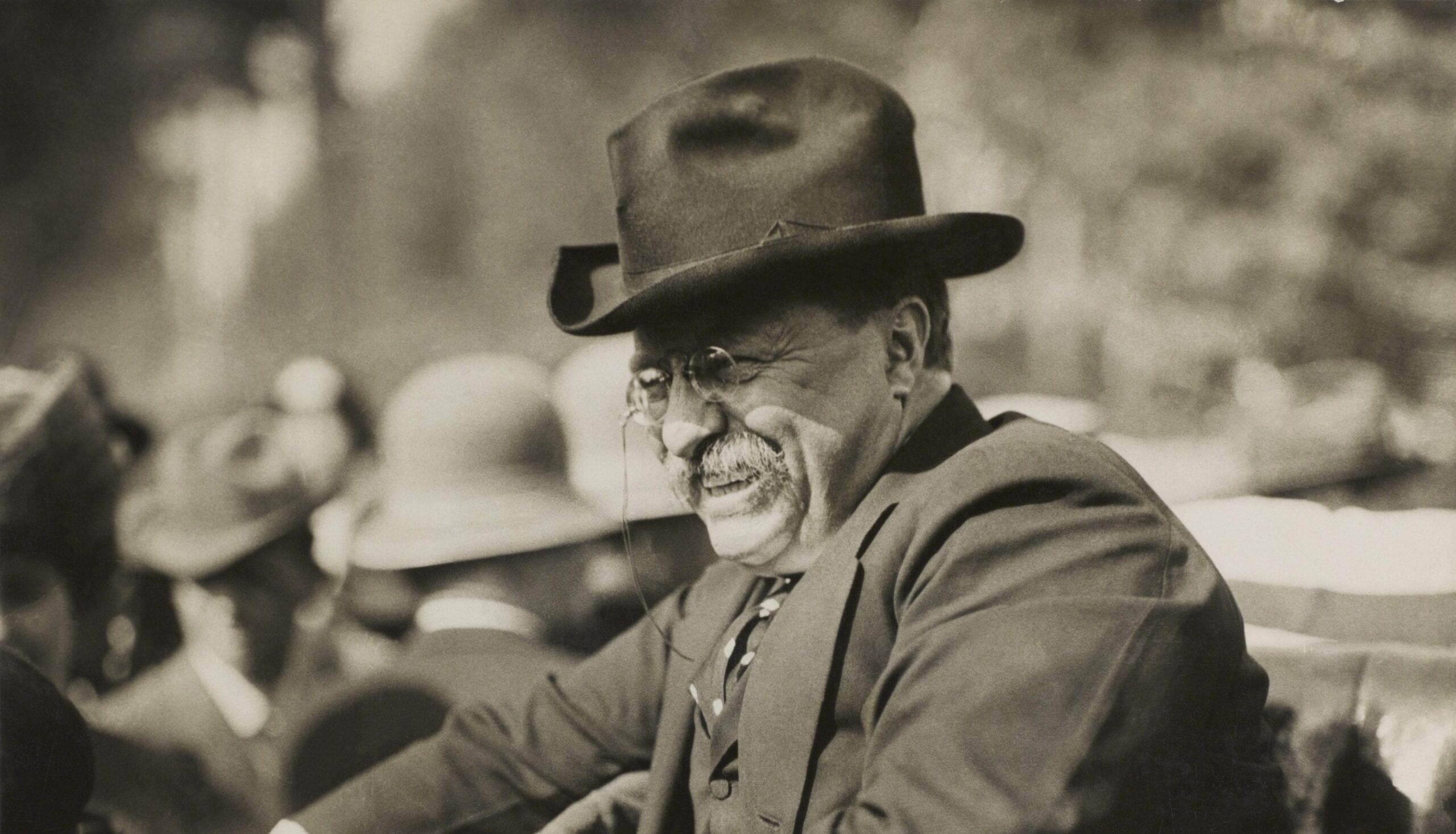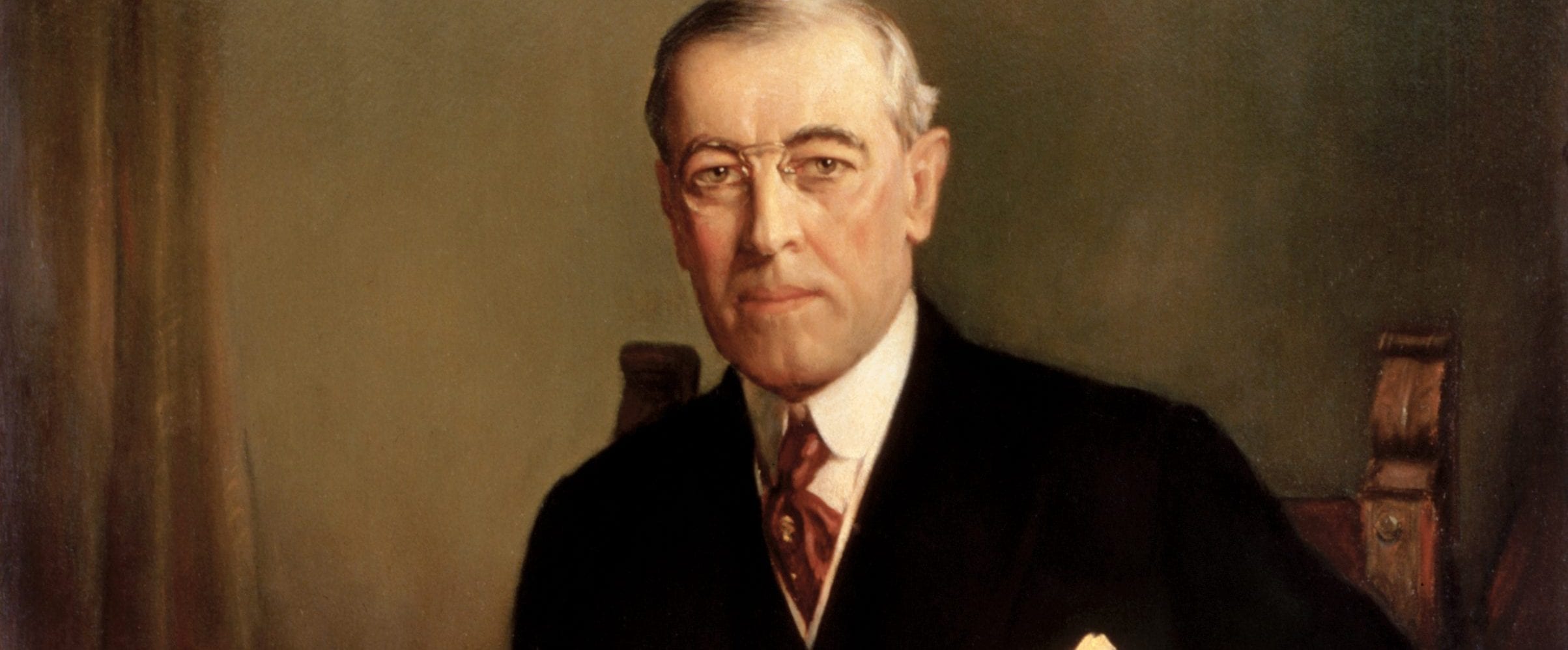
Introduction
Herbert Croly (1869–1930) was an American journalist, editor, and public intellectual. As a cofounding editor of the progressive magazine The New Republic, Croly was a prominent and influential voice in the American progressive movement. In his writings, Croly routinely sought to articulate and defend the ends and means of American progressivism. His 1909 book, The Promise of American Life, is perhaps his most influential work. Here Croly laid out his diagnosis of the challenges facing America after the Civil War, industrialization, and the closing of the frontier. Changing conditions, he argued, would necessitate a reevaluation of our basic political principles and institutions. According to Croly, Americans had to embrace a “New Nationalism” by centralizing political and economic power in the form of a regulatory administrative state to deal with national-level problems. Theodore Roosevelt would ultimately adopt the term “New Nationalism” to describe his reform proposals during the 1912 presidential campaign.
In the excerpt below, Croly characterized American political history as the result of a push and pull between the supposedly Hamiltonian tradition of strong national government and distrust of democracy, on the one hand, and the supposedly Jeffersonian tradition of rights-based individualism, state sovereignty, and decentralization, on the other. This has become a commonplace narrative in academia and progressive political rhetoric. While Croly is remembered for prescribing “Hamiltonian means” to secure “Jeffersonian ends,” it is often overlooked that Croly rejected the natural rights principles and limited government constitutionalism associated with both the Jeffersonian and Hamiltonian ideals. Arguably, by focusing on the political debates between Jefferson and Hamilton in the early Republic, Croly underemphasized the more fundamental agreements between the two statesmen.
Source: Herbert Croly, The Promise of American Life (New York: Macmillan, 1909), 28–51, available online at the Hathi Trust Digital Library: https://babel.hathitrust.org/cgi/pt?id=uc1.32106005485773;view=1up;seq=7.
All our histories recognize, of course, the existence from the very beginning of our national career of two different and, in some respects, antagonistic groups of political ideas—the ideas which were represented by Jefferson, and the ideas which were represented by Hamilton. It is very generally understood, also, that neither the Jeffersonian nor the Hamiltonian doctrine was entirely adequate, and that in order to reach a correct understanding of the really formative constituent in the complex of American national life, a combination must be made of both republicanism and federalism. But while the necessity of such a combination is fully realized, I do not believe that it has ever been mixed in just the proper proportions. . . .
Underlying the several aspects of Hamilton’s policy can be discerned a definite theory of governmental functions. The central government is to be used, not merely to maintain the Constitution, but to promote the national interest and to consolidate the national organization. Hamilton saw clearly that the American Union was far from being achieved when the Constitution was accepted by the states and the machinery of the federal government set in motion. A good start had been made, but the way in which to keep what had been gained was to seek for more. Unionism must be converted into a positive policy which labored to strengthen the national interest and organization, discredit possible or actual disunionist ideas and forces, and increase the national spirit. All this implied an active interference with the natural course of American economic and political business and its regulation and guidance in the national direction. It implied a conscious and indefatigable attempt on the part of the national leaders to promote the national welfare. It implied the predominance in American political life of the men who had the energy and the insight to discriminate between those ideas and tendencies which promoted the national welfare, and those ideas and tendencies whereby it was imperiled. It implied, in fine, the perpetuation of the same kind of leadership which had guided the country safely through the dangers of the critical period, and the perpetuation of the purposes which inspired that leadership.
So far I, at least, have no fault to find with implications of Hamilton’s federalism, but unfortunately his policy was in certain other respects tainted with a more doubtful tendency. On the persistent vitality of Hamilton’s national principle depends the safety of the American republic and the fertility of the American idea, but he did not seek a sufficiently broad, popular basis for the realization of those ideas. He was betrayed by his fears and by his lack of faith. Believing as he did, and far more than he had any right to believe, that he was still fighting for the cause of social stability and political order against the seven devils of anarchy and dissolution, he thought it necessary to bestow upon the central government the support of a strong special interest. During the Constitutional Convention he had failed to secure the adoption of certain institutions which in his opinion would have established as the guardian of the Constitution an aristocracy of ability; and he now insisted all the more upon the plan of attaching to the federal government the support of well-to-do people. . . .
. . . [Hamilton] succeeded in imbuing both men of property and the mass of the “plain people” with the idea that the well-to-do were the peculiar beneficiaries of the American federal organization, the result being that the rising democracy came more than ever to distrust the national government. Instead of seeking to base the perpetuation of the Union upon the interested motives of a minority of well-to-do citizens, he would have been far wiser to have frankly entrusted its welfare to the goodwill of the whole people. But unfortunately he was prevented from so doing by the limitation both of his sympathies and ideas. He was possessed by the English conception of a national state, based on the domination of special privileged orders and interests; and he failed to understand that the permanent support of the American national organization could not be found in anything less than the whole American democracy. The American Union was a novel and a promising political creation, not because it was a democracy, for there had been plenty of previous democracies, and not because it was a nation, for there had been plenty of previous nations, but precisely and entirely because it was a democratic nation—a nation committed by its institutions and aspirations to realize the democratic idea. . . .
It did not take Hamilton’s opponents long to discover that his ideas and plans were in some respects inimical to democracy; and the consequence was that Hamilton was soon confronted by one of the most implacable and unscrupulous oppositions which ever abused a faithful and useful public servant. This opposition was led by Jefferson, and while it most unfortunately lacked Hamilton’s statesmanship and sound constructive ideas, it possessed the one saving quality which Hamilton himself lacked: Jefferson was filled with a sincere, indiscriminate, and unlimited faith in the American people. He was according to his own lights a radical and unqualified democrat, and as a democrat he fought most bitterly what he considered to be the aristocratic or even monarchic tendency of Hamilton’s policy. Much of the denunciation which he and his followers lavished upon Hamilton was unjust, and much of the fight which they put up against his measures was contrary to the public welfare. They absolutely failed to give him credit for the patriotism of his intentions or for the merit of his achievements, and their unscrupulous and unfair tactics established a baleful tradition in American party warfare. But Jefferson was wholly right in believing that his country was nothing if not a democracy, and that any tendency to impair the integrity of the democratic idea could be productive only of disaster.
Unfortunately Jefferson’s conception of democracy was meager, narrow, and self-contradictory; and just because his ideas prevailed, while Hamilton toward the end of his life lost his influence, the consequences of Jefferson’s imperfect conception of democracy have been much more serious than the consequences of Hamilton’s inadequate conception of American nationality. In Jefferson’s mind democracy was tantamount to extreme individualism. He conceived a democratic society to be composed of a collection of individuals, fundamentally alike in their abilities and deserts; and in organizing such a society, politically, the prime object was to provide for the greatest satisfaction of its individual members. The good things of life that had formerly been monopolized by the privileged few, were now to be distributed among all the people. It was unnecessary, moreover, to make any very artful arrangements, in order to effect an equitable distribution. Such distribution would take care of itself, provided nobody enjoyed any special privileges and everybody had equal opportunities. Once these conditions were secured, the motto of a democratic government should simply be “Hands Off.” There should be as little government as possible, because persistent governmental interference implied distrust in popular efficiency and goodwill; and what government there was, should be so far as possible confided to local authorities. The vitality of a democracy resided in its extremities, and it would be diminished rather than increased by specialized or centralized guidance. Its individual members needed merely to be protected against privileges and to be let alone, whereafter the native goodness of human nature would accomplish the perfect consummation.
Thus Jefferson sought an essentially equalitarian and even socialistic result by means of an essentially individualistic machinery. His theory implied a complete harmony both in logic and in effect between the idea of liberty and the idea of equality; and just in so far as there is any antagonism between those ideas, his whole political system becomes unsound and impracticable. Neither is there any doubt as to which of these ideas Jefferson and his followers really attached the more importance. Their mouths have always been full of the praise of liberty; and unquestionably they have really believed it to be the cornerstone of their political and social structure. Nonetheless, however, is it true that in so far as any antagonism has developed in American life between liberty and equality, the Jeffersonian Democrats have been found on the side of equality. Representing as they did the democratic principle, it is perfectly natural and desirable that they should fight the battle of equality in a democratic state; and their error has been not their devotion to equality, but their inability to discern wherein any antagonism existed between liberty and equality, and the extent to which they were sacrificing a desirable liberty to an undesirable equality.
On this, as on so many other points, Hamilton’s political philosophy was much more clearly thought out than that of Jefferson. He has been accused by his opponents of being the enemy of liberty; whereas in point of fact, he wished, like the Englishman he was, to protect and encourage liberty, just as far as such encouragement was compatible with good order, because he realized that genuine liberty would inevitably issue in fruitful social and economic inequalities. But he also realized that genuine liberty was not merely a matter of a constitutional declaration of rights. It could be protected only by an energetic and clear-sighted central government, and it could be fertilized only by the efficient national organization of American activities. . . .
. . . Jefferson, who had been a lion in opposition [to the Federalists], was transformed by the assumption of power into a lamb. Inasmuch as he had been denouncing every act of the Federalists since the consummation of the Union as dangerous to American liberties or as inimical to the public welfare, it was to be anticipated, when he and his party assumed office, that they would seek both to tear down the federalist structure and rear in its place a temple of the true republican faith. Not only did nothing of the kind follow, but nothing of the kind was even attempted. Considering the fulminations of the Republicans during the last ten years of federalist domination, Jefferson’s first Inaugural is a bewildering document. . . . The Federalists themselves must be conciliated, and the national organization achieved by them is by implication accepted. The federalist structure, so recently the prison of the free American spirit, becomes itself a large part of the temple of democracy. The Union is no longer inimical to liberty. For the first time we begin to hear from good republican mouths, some sacred words about the necessary connection of liberty and union. Jefferson celebrated his triumph by adopting the work, if not the creed, of his adversaries.[1]
The adoption by Jefferson and the Republicans of the political structure of their opponents is of an importance hardly inferior to that of the adoption of the Constitution by the states. It was the first practical indication that democracy and federalism were not as radically antagonistic as their extreme partisans had believed; and it was also the first indication that the interests which were concealed behind the phrases of the two parties were not irreconcilable. When the democracy rallied to the national organization, the American state began to be a democratic nation. The alliance was as yet both fragile and superficial. It was founded on a sacrifice by the two parties, not merely of certain errors and misconceptions, but also of certain convictions, which had been considered essential. The Republicans tacitly admitted the substantial falsity of their attacks upon the federal organization. The many Federalists who joined their opponents abandoned without scruple the whole spirit and purpose of the Hamiltonian national policy. But at any rate the reconciliation was accomplished. The newly founded American state was for the time being saved from the danger of being torn asunder by two rival factions, each representing irreconcilable ideas and interests. The Union, which had been celebrated in 1789, was consummated in 1801. Its fertility was still to be proved. . . .
During the next fifty years, the American democracy accepted almost literally this Jeffersonian tradition. Until the question of slavery became acute, they ceased to think seriously about political problems. The lawyers were preoccupied with certain important questions of constitutional interpretation, which had their political implications; but the purpose of these expositions of our fundamental law was the affirmation, the consolidation, and toward the end, the partial restriction of the existing federalist organization. In this as in other respects the Americans of the second and third generations were merely preserving what their fathers had wrought. . . .
. . . The triumph of Jefferson and the defeat of Hamilton enabled the natural individualism of the American people free play. The democratic political system was considered tantamount in practice to a species of vigorous, licensed, and purified selfishness. The responsibilities of the government were negative; those of the individual were positive. And it is no wonder that in the course of time his positive responsibilities began to look larger and larger. This licensed selfishness became more domineering in proportion as it became more successful. If a political question arose, which in any way interfered with his opportunities, the good American began to believe that his democratic political machine was out of gear. Did abolitionism create a condition of political unrest, and interfere with good business, then abolitionists were wicked men who were tampering with the ark of the Constitution; and in much the same way the modern reformer, who proposes policies looking toward a restriction in the activity of corporations and stands in the way of the immediate transaction of the largest possible volume of business, is denounced as un-American. These were merely crude ways of expressing the spirit of traditional American democracy—which was that of a rampant individualism, checked only by a system of legally constituted rights. The test of American national success was the comfort and prosperity of the individual; and the means to that end—a system of unrestricted individual aggrandizement and collective irresponsibility. . . .
The best that can be said on behalf of this traditional American system of political ideas is that it contained the germ of better things. The combination of federalism and republicanism which formed the substance of the system, did not constitute a progressive and formative political principle, but it pointed in the direction of a constructive formula. The political leaders of the “era of good feeling”[2] who began to use with some degree of conviction certain comely phrases about the eternal and inseparable alliance between “liberty and union” were looking toward the promised land of American democratic fulfillment. . . . [T]he kind of liberty and the kind of union which they had in mind were by no means indissolubly and inseparably united; and both of these words had to be transformed from a negative and legal into a positive moral and social meaning before the boasted alliance could be anything but precarious and sterile. But if for “liberty” we substitute the word “democracy,” which means something more than liberty, and if for “union” we substitute the phrase “American nationality,” which means so much more than a legal union, we shall be looking in the direction of a fruitful alliance between two supplementary principles. . . .
- 1. After the contentious election of 1800, Jefferson struck a tone of moderation and conciliation in his March 4, 1801, First Inaugural Address, declaring, “We are all Republicans, We are all Federalists.” Once in power, the Jeffersonian Republicans often reconciled themselves to federalist institutions like the National Bank and Hamilton’s plan for funded debt.
- 2. Often associated with the presidency of James Monroe, historians sometimes characterize the “era of good feelings” (roughly 1815–25) as a brief time of unified political purpose in American politics.
Why Women Should Vote
January 31, 1910
Conversation-based seminars for collegial PD, one-day and multi-day seminars, graduate credit seminars (MA degree), online and in-person.



